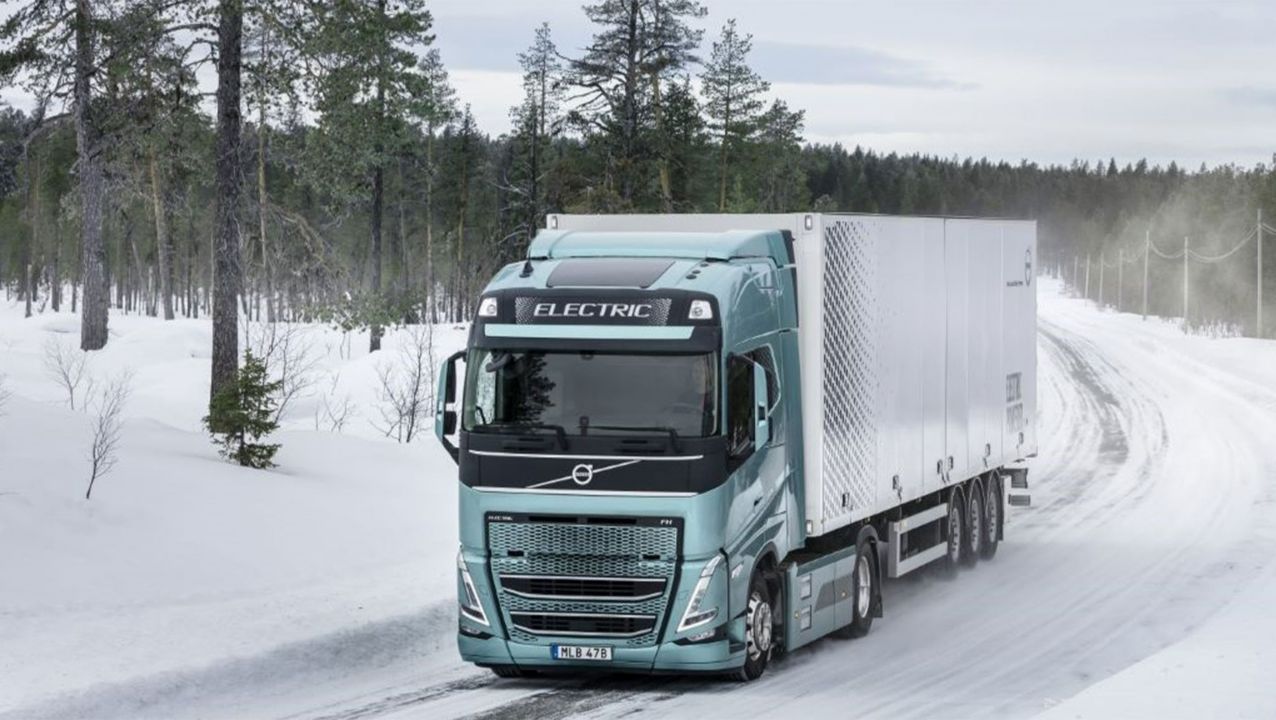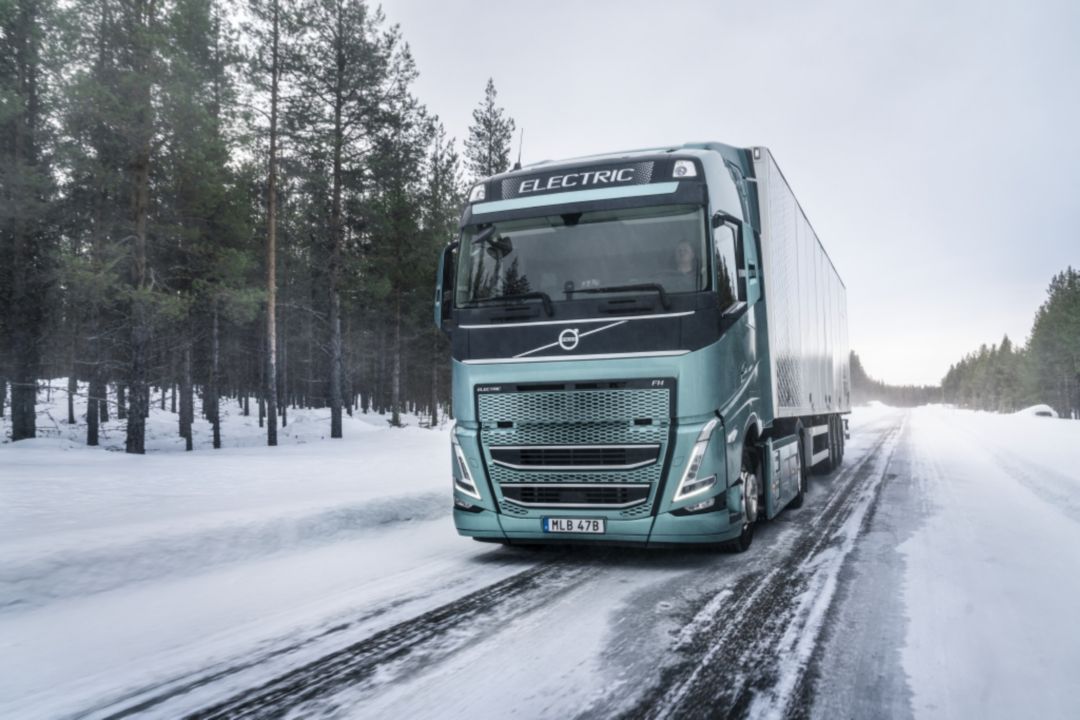To find out how an electric truck performs in hot weather, Volvo engineers have put the Volvo FL Electric truck to the test in a series of on-road tests in temperatures of more than 35°C in Queensland, Australia.
"Temperature is the enemy of battery performance in any vehicle. Our customers need to know that we've tested our technology in adverse conditions rather than just report figures derived from testing in a controlled environment”, says Paul lllmer at Volvo Trucks Australia about the test.
Test route including a 6% gradient climb
The test route was over 700 km and consisted of a variety of traffic conditions, including a climb of 6% gradient and routes through inner-city traffic. The test truck was equipped with Volvo’s second-generation battery packs of 265 kW and loaded to a gross weight of 15,000 kg.
The test drives included a 40-minute fast charge from 40% battery capacity, to understand how opportunity charging may be integrated into an everyday transport operation. The truck’s battery packs have a predicted energy consumption of 0.9 kWh per kilometer, however the test found consumption to be lower at 0.73 kWh per kilometer.
Braking energy fed back to the truck
“I'm extremely happy to see the results of this testing, which proves the FL Electric is able to also tolerate Australia's harsh climate," says Paul lllmer.
The potential of regenerative braking, where energy is being recuperated and stored in the vehicle’s battery during braking, was highlighted in the test, with braking energy alone enough to replenish battery power by nearly 5%.
Customer deliveries of the Volvo FL Electric in Australia are planned to begin in 2022.


